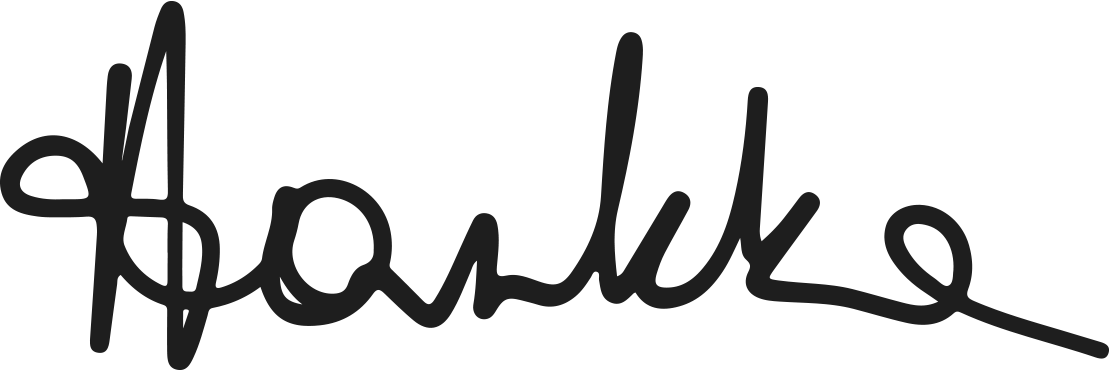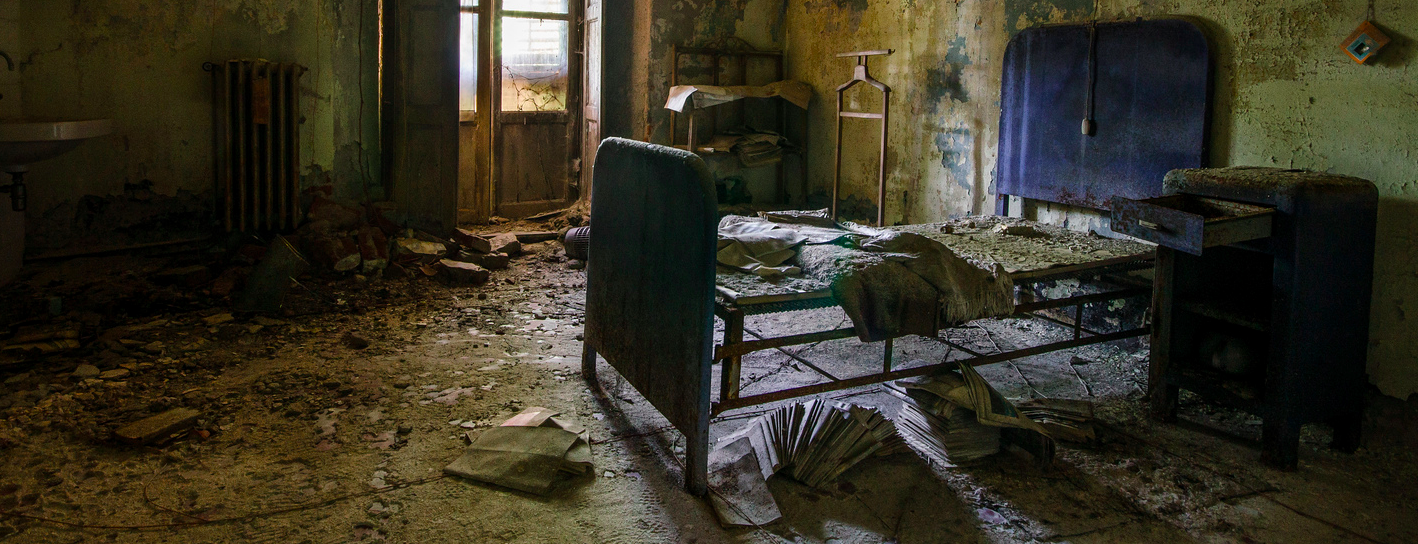I remember that Christmas morning, when I got a real Barbie doll and her house from my mom from Pewex. It was a very big deal, because in late 80s and early 90s, shops in post-Communist Poland still shone with emptiness. Previously you could only get the the most necessary products – and they were rationed. Poland was just about to open up to Western commerce.
Rationing of goods in the (then called) People’s Republic of Poland was a system of controlling the distribution of goods. It was in force in the years 1944–1949, 1951–1953 and 1976–1989, resulting from severe shortages on the market and consisting of, among others, by issuing cards to the population, which entitled them to purchase specific quantities of designated goods – mainly food.
So there was this chain of hard-currency shops called Pewex, where you could buy western products if you were lucky to have US dollars. That December, my mom managed to exchange some Polish Zloty to Dollars for (I guess) an outrageous exchange rate and got me that Barbie.
I knew how life was spent in the queues only from stories, as I was too young to remember, but when I visited Cuba 7 years ago, I saw how much havoc Communism can wreak, and how there was nothing in the shops except for vinegar, toilet paper, rum, cheap pasta and US-imported KitKats. Yet, you still had to wait your turn.




United in diversity
I was just a wide-eyed 16-year-old when Poland took that monumental leap into the EU, and little did I know how profoundly it would shape the course of my life and the future of my homeland. Back then, the full weight of what it meant to be part of this grand European family was lost on me. All I knew was that my life was destined to be a far cry from the one my mom had known. With my shiny new European passport in hand and the cracking dial-in modem connecting me to the Internet, I could feel the world unfolding before me like a blank canvas, ready for me to paint my own story.
Suddenly, the possibilities seemed endless.
I was no longer bound by borders. The choice of where to study, where to plant my roots – it was all mine to make.
My generation felt that EU opened us to the world. Almost all my friends in Poland did Erasmus during their studies in various participating cites within EU. They made unforgettable friendships, some even found their soulmates, and all came back with amazing new experiences, having foreign traditions woven into the fabric of their being.
But for me, I wanted to experience all of that cultural diversity in one place while I still wanted to be close to my Poland, so I chose London. (I often joked that it takes me longer to get through London’s traffic to the airport than to fly to Poland (1:20h).)
We learned what’s out there, beyond our borders, and wanted to bring a bit of it in our homeland. Suddenly, people started opening new businesses or restaurants so that other Poles who didn’t yet travel could try what a falafel, pho or a butter chicken is.
You see, maybe where you come from it’s not a big deal, but in a country which has always been relatively homogeneous (96.74% Poles in 2002), experiencing different cultures was something new.
I could feel how excitement and tolerance was building up the more we kept experiencing other cultures. How we drew inspiration from other cultures, while still remaining independent and proud of our own heritage. This is what EU has always been for me, at least.
I strongly feel my red European passport has been a true blessing, opening up a world of opportunities not just for me, but for millions of Poles and Europeans. Since joining the EU, Poland’s GDP per capita has soared from $6.3k to $29.3k.

The EU has also fostered strong collaborations between Poland and the UK. In 2019 alone, bilateral trade between the two nations reached £16.6 billion, with over 1,500 British businesses operating in Poland. And vice versa, in every major British city, but also smaller countryside town, there was at least one Polskie delicatessen, where you could get fresh produce, just like you’d at your local grocery store in Poland. There was 2 million of us in the UK, at some point.
But somewhere in between that time, EU referendum happened, and 52% of the UK voted out of the EU and hard-working immigrants and expats like myself suddenly felt.. well, confused.
I got my British passport still in time to have it in a red cover, a reminder that UK was once a part of something bigger than their own borders and ego.

For the day of my neutralisation ceremony, I made a EU flag themed top. It was a cheerful day – we all joked about Brexit and nobody really believed that the UK will go ahead with it.


I won’t lie – I feel a bit superior when I can choose the shorter queues at the airport, depending on which country I fly to. Or, that I don’t need to show my passport at all, when I travel within The 27 countries. I feel sorry for my fellow Brits when they have to wait in hours long queues to have their passport stamped.
But only for a second.
Then I show my Polish passport to the Boarder Control officer and in an instant, enter sunny Spain, Italy or whatever country I choose to chill.

Of course EU, like any artificially made structure is far from ideal, and there are many challenges and drawbacks, but I can’t imagine a better opportunity for Poland than what EU has given us.
Each time I visit my homeland, I am filled with immense pride, seeing how far we’ve come. How safe our nation has become and how much more tolerant.
I feel Polish and British, but mostly European. I love the variety each country brings to this uneasy yet beautiful partnership and I really believe in a strong and united Europe, and a world with less, not more, borders.



![Start-ups and start-downs [Evoque Journey] louveciennes @flickr](https://hankka.com/wp-content/uploads/2013/09/bfast.jpg)
![What are you afraid of? [Evoque journey] Donnie Nunley @Flickr](https://hankka.com/wp-content/uploads/2014/02/12331672305_9d924d76b0_z.jpg)

